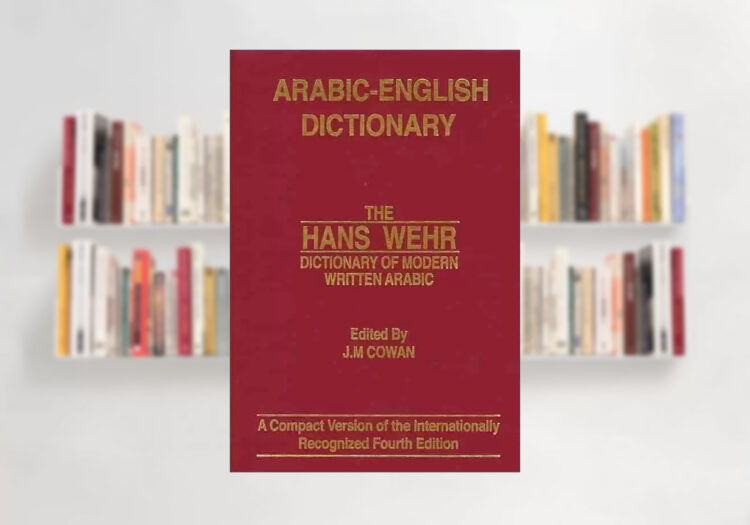In Islam wealth ultimately belongs to Allah and we as his Khalifah on earth are entrusted with it, individually and at large. This stewardship requires that Muslims handle their wealth in accordance with Islamic principles. The Qur’an says, “Believe in Allah and His Messenger and spend out of that of which He has made you…Continue reading The Concept of Wealth in Islam
Al Tabarruk
The Ahl us-Sunnah believe all power belongs to Allah ﷻ, he is the originator and he causes certain people or objects to carry blessings. These blessings are a means, they do not have power within themselves. Allah ﷻ says “And Your Lord would never destroy a township wrongfully, whilst its inhabitants are righteous” 11:117. For the sake of the righteous people and their virtue, Allah ﷻ does not destroy a town and He says, “And We sent down blessed rain from the sky and produced from it gardens and grain that are reaped” 50:9. Is it the rain that caused tillage, plants and crops to grow or Allah? Allah ﷻ confirms the rain is a means in which blessings are realised. Many scholars attest to the permissibility of Tabarruk but some only limit it to that of the Prophets ﷺ.
Guide to English Translations of the Qur’an
Translating the Quran from its original Arabic into English presents a unique set of challenges and complexities due to the profound linguistic, cultural, and theological dimensions of the scripture. The language of the Quran, known as Classical Arabic, reflects the linguistic norms and conventions of the Arabian Peninsula, or more closely the Quryashi dialect, during…Continue reading Guide to English Translations of the Qur’an
Making up missed Rakats in congregation
According to the above narration, scholars conclude if one joins the prayer whilst the Imam is standing (Qiyaam) or bowing (Ruku’), then he has caught the Rakat. If he joins after the Ruku’, then he has missed the Rakat, and he must make up the Rakat by repeating it. One must make up that particular Rakah’, for example, if one misses the first Rakat then when he makes it up he must recite the additional surah.
Introduction to Mukhtasar Al-Quduri
Mukhtasar Al-Quduri is a primer Fiqh text in the Hanafi school. Mukhtasar means abridged and Al-Quduri refers to the author. The author’s name is Abu Hasan Ahmad bin Muhammad bin Ahmed Al-Quduri. Al-Quduri is his nisba, there are three opinions on the origins of this name, either, 1) His occupation as a Pot Maker, 2) Area in Baghdad, 3) Area in Baghdad in which pots were made. He was born in 362 AH so a very early Hanafi scholar. Between him and Imam Muhammad ibn Hasan al-Shaybani there are four teachers. He was the head Faqih in Iraq at the time.
How to use Hans Wehr dictionary
Hans Wehr is an Arabic to English dictionary. It is very popular amongst English students, comprehensive and easy to navigate. You can either use a hard copy 4th edition, a searchable PDF (Hans Wehr) or ejtaal.net or Hans Wehr.App. The dictionary is ordered alphabetically by root letters, so one cannot search by word. For example,…Continue reading How to use Hans Wehr dictionary
The Obligation to Follow One of the Four Schools of Thought
In Islamic jurisprudence, there is a significant obligation for followers to adhere to one of the four Sunni schools of thought. These schools, namely the Hanafi, Maliki, Shafi’i, and Hanbali, have played a vital role in shaping and interpreting Islamic law throughout history and continue to do so today. Adhering to a specific school of…Continue reading The Obligation to Follow One of the Four Schools of Thought
I‘tikāf The Seclusion in Ramadhan
The Prophet ﷺ spent every Ramadhan sitting I‘tikāf. It was a the final push in Ramadhan to draw ultimately close to Allah. I‘tikāf is a sunnah and it is defined as staying inside the mosque, with fasting and with the intention of i‘tikāf. It is not valid for men to perform I’tikaf in other than…Continue reading I‘tikāf The Seclusion in Ramadhan
Exploring the Mystical Realm of Angels and Jinn in Islam
In Islam, there exists a rich tapestry of beliefs and teachings that delve into the mystical realm of angels and jinn. These supernatural beings, often referred to as celestial entities, hold significant importance in Islamic tradition, serving as divine messengers and spiritual entities. Understanding the intricacies surrounding angels and jinn can provide profound insights into…Continue reading Exploring the Mystical Realm of Angels and Jinn in Islam
Optimal Moments for Acceptance of Dua in Islam
Making dua, or supplication, is an integral part of Islamic worship. Muslims believe that Allah (SWT) is always listening and ready to respond to their prayers. There are specific moments when dua is believed to be more likely to be accepted by Allah (SWT). Understanding and utilizing these optimal moments can enhance spiritual connections and…Continue reading Optimal Moments for Acceptance of Dua in Islam









